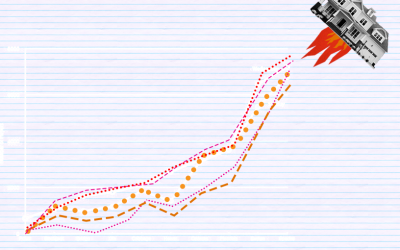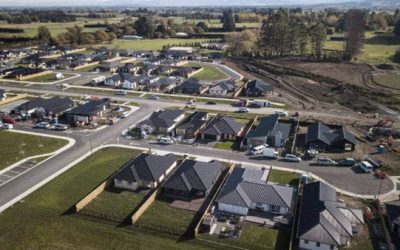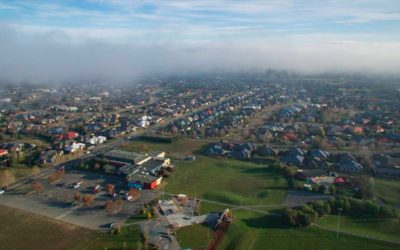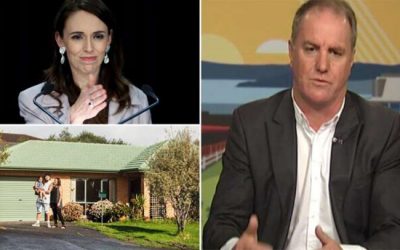Articles
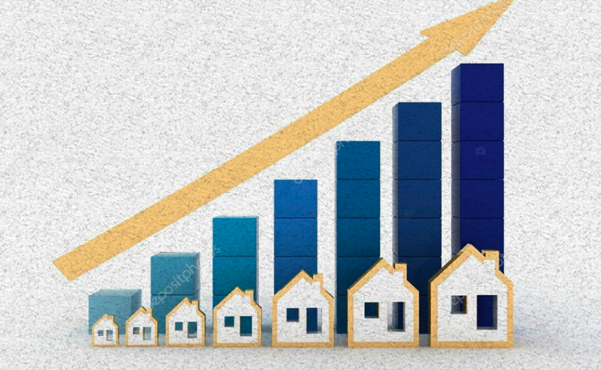
Here's why neither first-home buyers nor investors to blame for prices
OPINION: A grand debate has erupted regarding which group of people is driving house prices upward.
One group says it is investors, salivating over the prospect of capital gains.
Others say it is first-home buyers jumping into the housing market and out of their parents’ homes and crowded flats.
Both sides are right in that both first-home buyers and investors are quite active at the moment. But it would be very hard to pin “blame” on one group or the other when frankly, you really don’t need either group to do much in order to have house prices rising.
People often make the mistake of thinking that you have to have high turnover for prices to rise, or low turnover for them to fall. This is not true. All it takes is a change in the information relevant to where people expect prices to be in the future, for prices to change now.
For instance, if we learn next weekend that a strange bug has infected the oil fields of Saudi Arabia and Kuwait and their oil is now worthless, oil prices will soar without a single barrel being traded.
How is this relevant to our housing market? Perhaps too many ways to write. First there is the repricing of our housing stock on the basis of sustained low interest rates. This is something the Reserve Bank wants, but they are too politically correct to come right out and say it as the United States Federal Reserve used to during and following the 2008 to 2009 global financial crisis.
By cutting interest rates and buying bonds the Reserve Bank wants house prices to rise because when you and I feel wealthier there is a chance we will spend more.
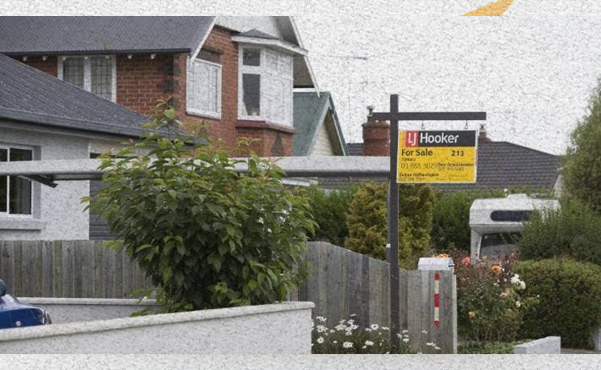
Young buyers expecting low mortgage rates have done calculations and realised they can afford to pay more than a year ago.
The Reserve Bank cut interest rates 0.75 per cent last year and the same amount in March this year. It has suggested it will cut again next year, taking its official cash rate negative. I think it won’t because the economy is showing good signs of life – but we shall wait and see.
The key thing is that people are increasingly expecting much lower mortgage rates and term deposit rates, with worries that term deposit rates might even go negative.
These worries, plus expectations that interest rates will remain low for many years, are causing people to think again about the worth of selling their long-held investment property and banking the money to earn – well, nothing quite possibly.
Young buyers expecting low mortgage rates have done calculations and realised they can afford to pay more than a year ago. So, they are bidding more. And new investors are considering relative returns like existing investors are, and deciding property is actually worth more than they were thinking.
But there is more. You and I are highly likely to have the same view that management of the Covid-19 crisis so far in New Zealand has been excellent. But overseas the mismanagement is appalling, and we believe this will lead to many of the one million Kiwi residents overseas coming home – if not this year or next, probably when the borders fully open.
Plus, we will be thinking that many foreigners will want to shift here. That is leading us to expect that demand for housing to live in will do nothing other than grow strongly in coming years, just as it has done over the past decade.
At the same time we won’t be expecting a big jump in new house construction because there are already shortages of builders and a Labour Government is unlikely to open the migration spigots and let in many thousands of foreign workers which in their mind could undercut wages of some here in New Zealand.
Our rising expectation of a worsening housing shortage, exacerbated by monthly reports of the state house waiting list getting longer and longer, means we expect house price pressure will remain upward.
I could throw in more things, but the upshot is this. Just as I’ve been pointing out since late-2008, the repricing of our country’s housing stock does not reflect speculative fervour or first-home buyers in some weird fashion leaving their home nests “too” early. That’s just ridiculous.
Our rising prices reflect long-term structural changes in our economy and society, and we have at least two more such changes under way right now, one of which has been deliberately engineered by our central bank.
– Tony Alexander is an independent economist and commentator.



